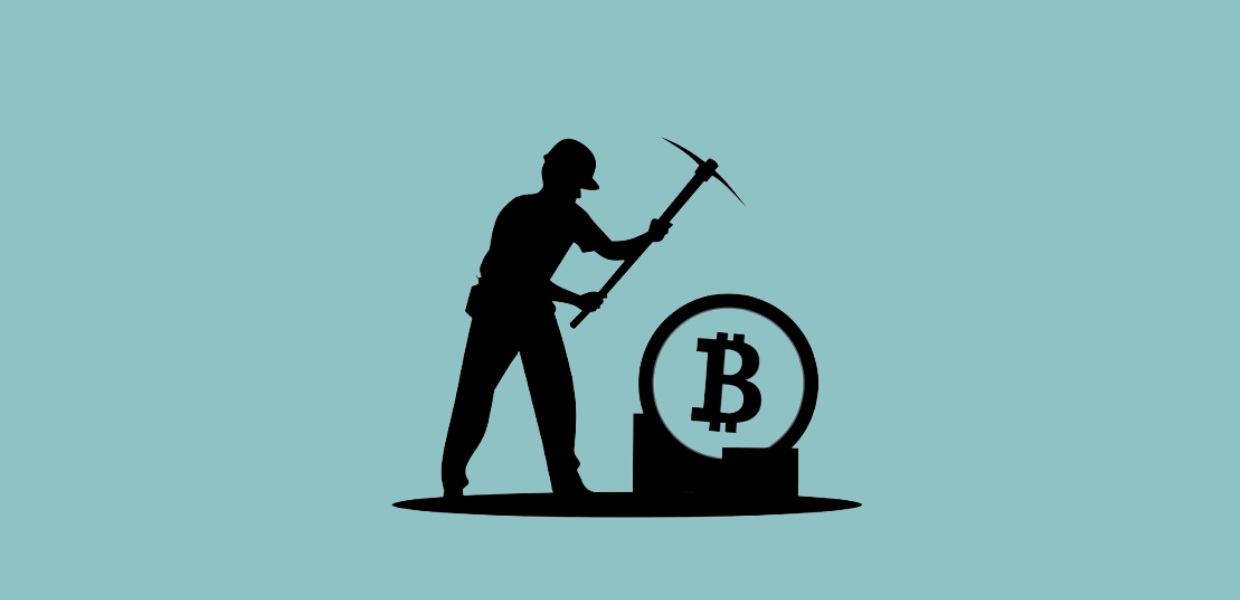



Bitcoin mining pools are distributed networks of Bitcoin miners who work together to mine blocks and distribute payouts based on each entity's contribution to the pool. This allows miners to increase the chance of finding a valid block and spread out their revenue by paying fees to the pool coordinator at a reduced rate.
A mining pool's contribution is measured in hash rate, which is the number of hashes (attempts to find a new block) performed per second. Each miner in the pool pays the block reward to the mining pool organizer whenever they locate a block. The coordinator pays each member of the pool based on their hash rate contribution after taking a nominal charge.
Joining a mining pool will give a consistent stream of money for a small miner who has ridiculously low chances of finding a block on their own. This revenue will be proportional to the miner's size, so it will remain small, but its regularity will enable the miner to cover operating costs and profit.
Not all cryptocurrency mining pools are created equal. Many of the most prominent mining pools, on the other hand, follow a set of common protocols.
Proportional mining pools are one of the most prevalent types of mining pools. In this form of pool, miners that contribute processing power to the pool receive shares until the pool succeeds in locating a block. Following that, miners are rewarded in proportion to the quantity of shares they own.
Pay-per-share pools work in a similar way, with each miner receiving shares in exchange for their input. These pools, on the other hand, payout immediately regardless of when the block is discovered. At any time, a miner who contributes to this form of a pool can exchange shares for a proportional payout.
Peer-to-peer mining pools, on the other hand, seek to avoid a centralised pool structure. As a result, they incorporate a distinct blockchain for the pool, which is designed to prevent cheating by pool managers as well as the pool failing owing to a single central fault.
Some well-known mining pools are as follows: Slush. F2Pool. AntPool. ViaBTC. BTC.com. Pooling. Genesis Mining. Bitfury.
While individual mining success offers entire ownership of the reward, the chances of success are extremely slim due to the high power and resource needs. Individuals generally find mining to be a losing proposition. Many cryptocurrencies have gotten more difficult to mine in recent years as their popularity has grown, and the costs of the pricey technology required to be a competitive miner, as well as electricity, frequently outweigh the potential benefits.
Mining pools demand less hardware and electricity from each individual participant, increasing the likelihood of profitability. While an individual miner may have a slim probability of locating a block and earning a mining reward, collaborating with others greatly increases the chances of success.
Individuals that join a mining pool relinquish some of their control over the mining process. They are usually bound by the pool's terms, which may dictate how the mining operation is carried out. They must also distribute any possible profits, implying that an individual participating in a pool will receive a smaller percentage of the profit.
Despite the fact that many pools strive to be decentralised, these organisations consolidate most of the authority over the bitcoin system. The presence of a small number of powerful mining pools, according to some cryptocurrency proponents, goes against the decentralised structure inherent in bitcoin and other cryptocurrencies.
Closing Thoughts:
With the creation of the first mining pool, the cryptocurrency mining landscape was irrevocably altered. They can be extremely useful for miners who want a more constant payment. They'll be able to choose one that best meets their needs among the many options accessible.